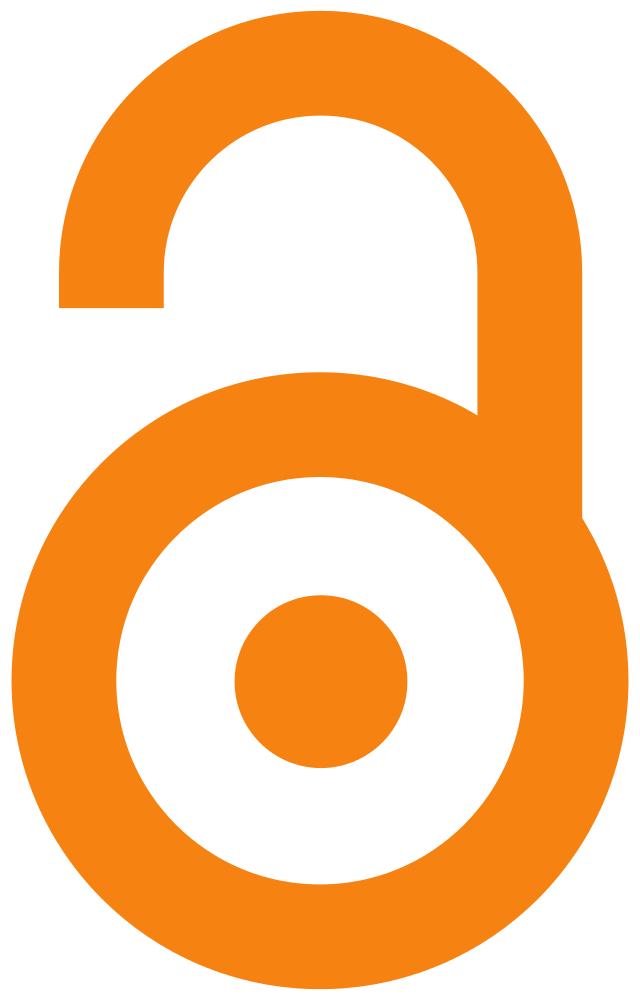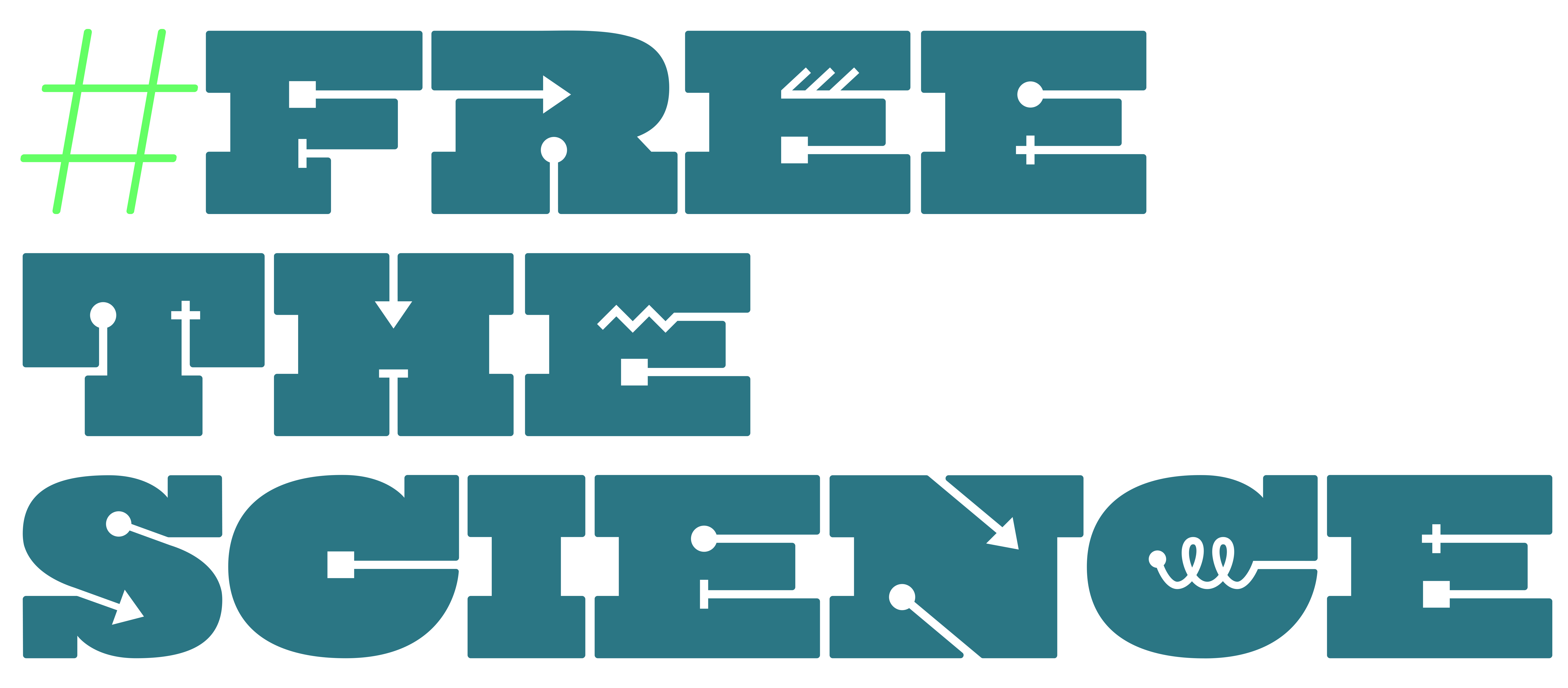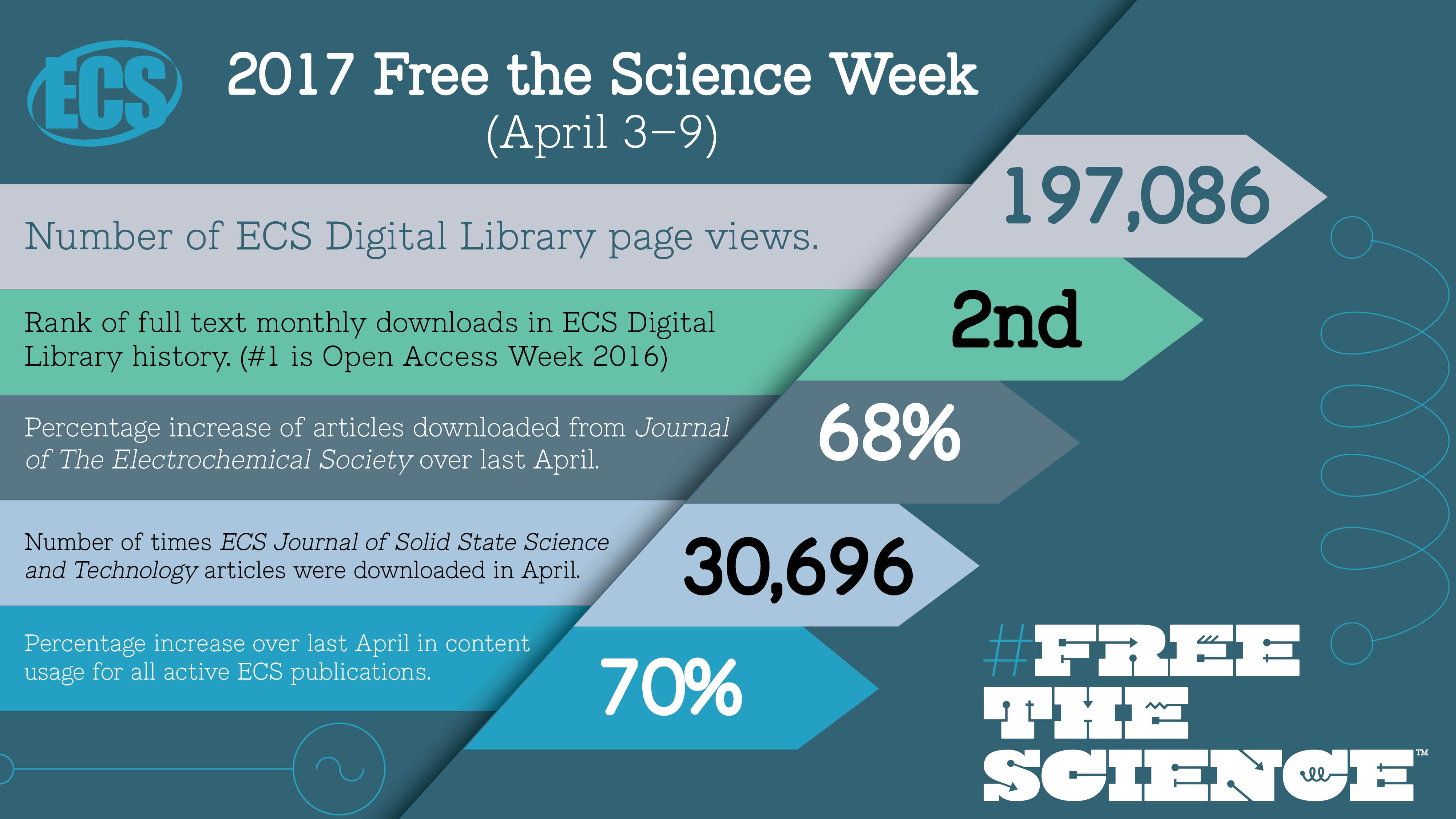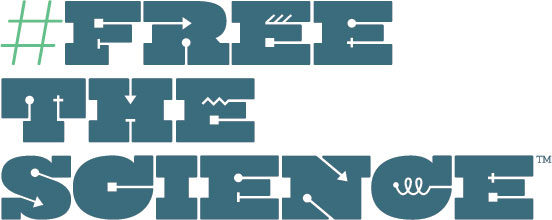
Image: CC0 Public Domain
A recently published article in The Scientist tells a growingly familiar tale in scholarly publishing: predatory publishers taking advantage of, and often times profiting from, researchers across the globe.
The term “predatory publishers” was coined by University of Colorado Denver librarian, Jeffrey Beall, nearly a decade ago. These publishers disseminate plagiarized or poorly reviewed content, taking advantage of a pay-to-publish open access system by charging authors high prices to disseminate their content while all but eliminating the peer review process. In the case of the article published in The Scientist, these predatory journals even trick established researchers to agree to have their names listed on editorial boards, falsley presenting themselves as credible start-up journals. While this may bolster a journal’s credibility at first glance, it often doesn’t go beyond a name listed on a website, with little to no communication from the journal to the editors.
(RELATED: “For-science or For-profit?”)
And if predatory publishers can’t trick honest researchers, that publisher may just recruit a fake editor. A recent investigation, spearheaded by Nature, found that dozens of academic journals have been recruiting fake editors and offering them a place on their editorial board.
According to reports from the Hanken School of Economics, predatory journals increased their publication volume from 53,000 to 420,000 articles per year between 2010 and 2014. Taking article processing charges into account, the report estimates that all-in-all, the predatory publishing market was worth at $74 million in 2014.


 ECS is proud to announce that at the upcoming 232nd ECS Meeting, we will be hosting our first OpenCon satellite event! OpenCon is a conference that places a spotlight, produces discussion, and increases collaboration on issues of open access, open science, open data, open source, and open education. Initially hosted by the Right2Research Coalition and SPARC, satellite events can be held by anyone with an interest in the subject matter. As ECS works to advance its Free the Science initiative, we want to be at the forefront of the open discussion in our industry.
ECS is proud to announce that at the upcoming 232nd ECS Meeting, we will be hosting our first OpenCon satellite event! OpenCon is a conference that places a spotlight, produces discussion, and increases collaboration on issues of open access, open science, open data, open source, and open education. Initially hosted by the Right2Research Coalition and SPARC, satellite events can be held by anyone with an interest in the subject matter. As ECS works to advance its Free the Science initiative, we want to be at the forefront of the open discussion in our industry. Sci-Hub launched a few years back when Alexandra Elbakyan of Kazakhstan was struggling to find affordable and relevant research through her institution. Fast forward to 2017 and Sci-Hub serves as one of the most common sites that seeks to circumvent paywalls and provide access to scholarly literature.
Sci-Hub launched a few years back when Alexandra Elbakyan of Kazakhstan was struggling to find affordable and relevant research through her institution. Fast forward to 2017 and Sci-Hub serves as one of the most common sites that seeks to circumvent paywalls and provide access to scholarly literature.
 What is “open science”?
What is “open science”?
 ECS is celebrating its 115th anniversary this year by giving the world a preview of what complete open access to peer-reviewed scientific research will look like. ECS will launch the first
ECS is celebrating its 115th anniversary this year by giving the world a preview of what complete open access to peer-reviewed scientific research will look like. ECS will launch the first  ECS is partnering with
ECS is partnering with